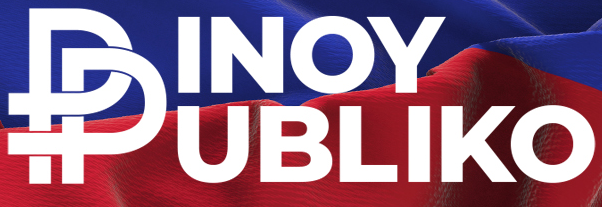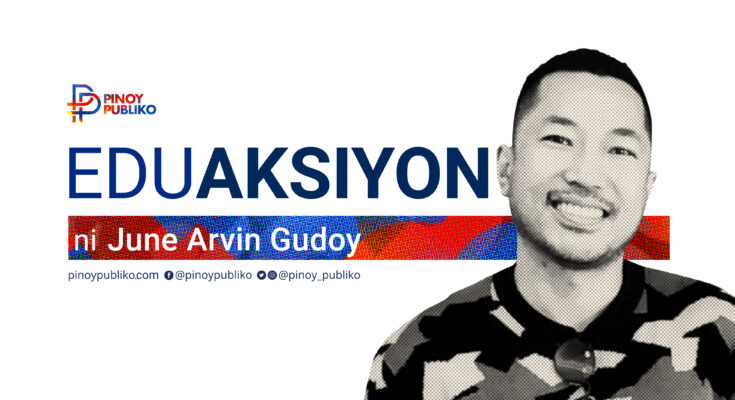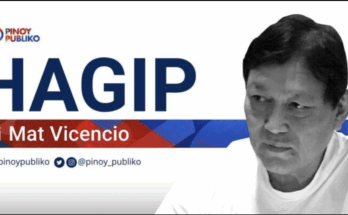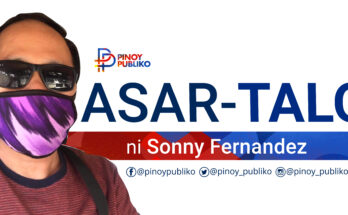IN AN ERA of extreme political polarization, it is perhaps timely and worthy to step back and regain much needed sobriety by returning to the quintessential political precepts which we must always adhere to as civil servants. As educators and political actors, we need to remind ourselves that inasmuch as we are keepers of enlightened and liberating knowledge, we also need to strive towards becoming responsible citizens of the state. That even as we exercise our right to suffrage and ensure the smooth turning of the wheels of democracy, that we also become wary of who we are and the reverberating effects of how we conduct our public lives.
While we see voting and choosing our leaders as normal political rituals, some might dismiss these exercises as outrightly futile. They might point out that democracy is a messy and chaotic business. And indeed it can be. Churchill however puts it best when he said ‘…Many forms of Government have been tried and will be tried in this world of sin and woe. No one pretends that democracy is perfect or all-wise. Indeed it has been said that democracy is the worst form of Government except for all those other forms that have been tried from time to time.…’ Democracy, during elections, might come with vapid trappings of political theatrics but it is far better than the absence thereof.
At this time when it is often easy to opine, to conclude and to judge, what hat is far more challenging is to examines one’s ideas and to exercise prudence in our political lives while protecting the underlying moral principles which guide our political exercises. And everything starts, as what the Greeks have long ago suggested, with knowing thyself. The political is always personal.
So what then is our primary role in the days preceding the national elections? That whether election season or not, what ethical principles should we uphold and protect as educators? Even as we are reminded to maintain impartiality which we must adhere as civil servants, we must also become fully conscious of the bigger role we are playing in the social movements and great historical events of our country. The call to impartiality by the Department then is not a directive to disengage from civic life, it is in fact the opposite.
We have to remind ourselves that the primary aim of education is not only the liberation of the intellect but also the re-discovery of every learner’s right to independently create a more equal and just society. Liberation dictates that we must also build. Freedom therefore is not a negative right that only comes after everyone has been hammered and reduced to dust. Freedom and individual liberation are only precursors and not the ultimate ends. The bigger task at hand is to create the society which ensures that democracy does not and cannot expire.
It is the responsibility of the educator then to let the ‘marketplace of ideas’ fulfill its role and encourage our fellow voters and the young to think critically and equip them accordingly. The world is full of opinions and replete with confusing and often conflicting narratives and stories. Wading through the mud and navigating the murky waters is becoming more of a challenge. Opinions are also now also a dime a dozen. We must then enable our learners and our voters to evaluate impartially, to become wary of one’s biases and think deeply about the issues that matter. That we should encourage them to be open to opposing ideas inasmuch as they interrogate the ones they have held close to their heart. That in order for all of us to move forward, conflict and the differences in ideas are not peculiarities and exceptions but rather norms in a truly free and democratic society.
In as much as it is our civic obligation to pursue our political passions and expose them to opposing ideas, we should take comfort in the consequence that we can only become better persons at the expense of experiencing unfamiliar and uncomfortable opinions. And yes, there might be a tinge of madness in some popular sentiments but there might also be the serendipitous discovery of an equal display of intellectual rigor. Whichever way, we become richer intellectually when we engage with others. And that, as our young voters and learners must realize, is the bedrock of genuine civic engagement.
Because we can only sharpen our own ideas when we expose it to the friction of those who disagree with us. To be able to engage and be open to unfamiliar ideas is something we must always cultivate not only in ourselves but in our learners and fellow citizens as well.





